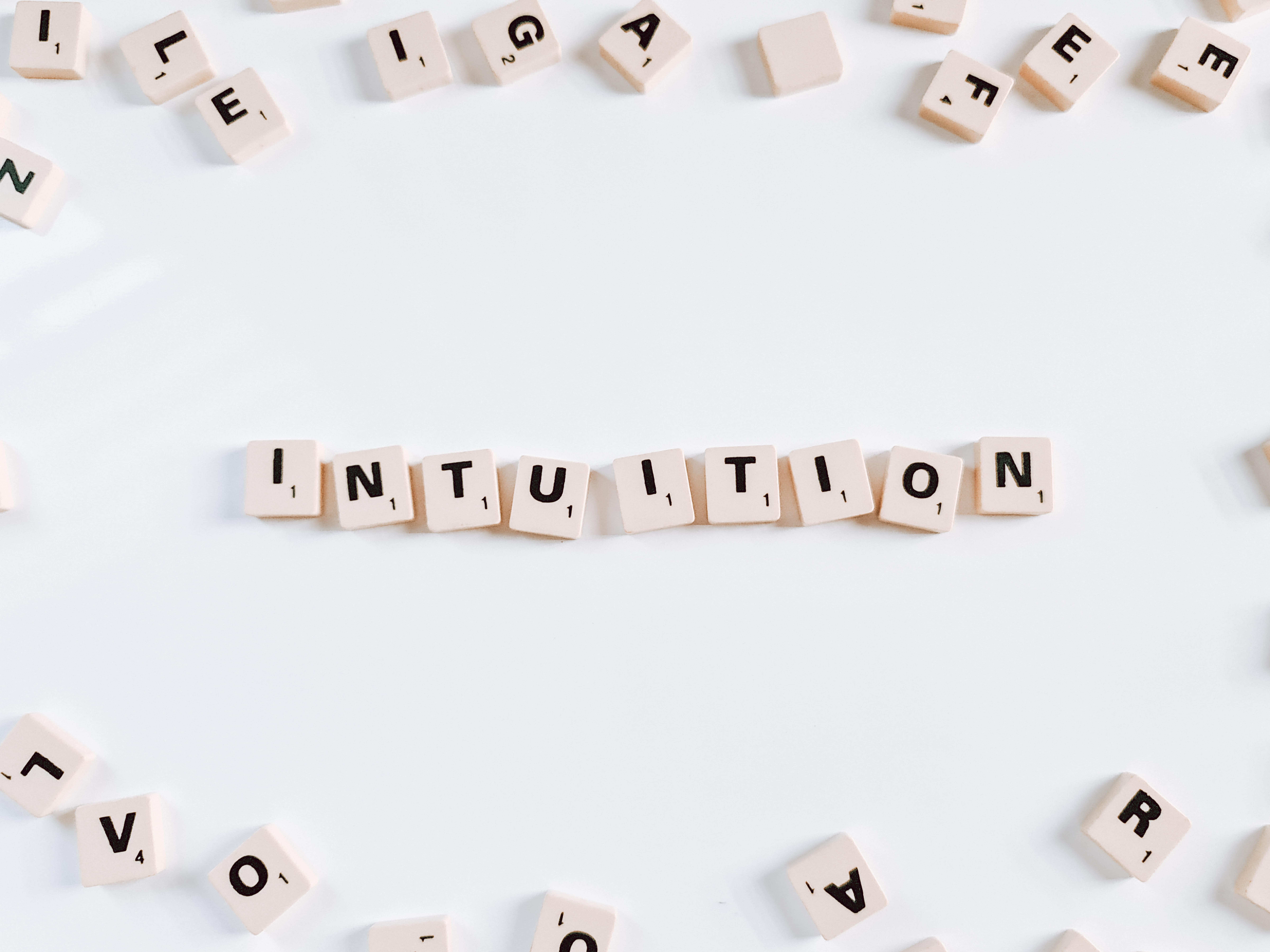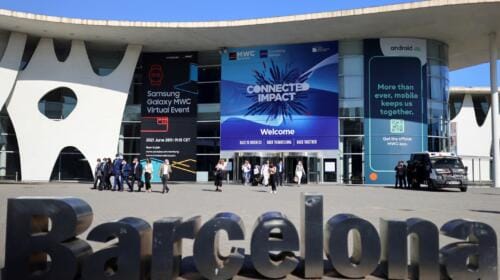Intuition has become a relatively new buzzword in recent years in relation to how an individual should now trust their “gut” rather than purely basing their decisions on logical rationale. Consequently, the role of intuition in the realm of marketing has significantly increased in recent years, with behavioral marketing becoming a newfound strategy to analyze consumers and their purchasing journey. Although data-driven marketing has maintained its reliability in various spaces, research regarding the positive psychological needs of the consumer and its connection to immediate transactional goals is noteworthy in a sphere in which intuition was and still is rarely utilized for data-driven strategies.

The rise of New Age spirituality has pervaded social media in recent years, inevitably translating into how intuition influences consumer motivations. Implementing creativity and intuitive marketing strategies along with market research will inevitably elevate one’s transactional goals. Furthermore, utilizing intuition as an insight into the consumer’s cognitive mechanisms and decisions will further inform the strategies needed to optimize the buying journey of the customer. So, how does one build an intuitive marketing strategy? The first step is acknowledging that marketing, especially within B2B tech, is largely driven by analytics. Therefore, both retailers and consumers may be hesitant to utilize their own intuition when buying or selling. However, utilizing one’s intuition or “gut instinct” does not negate data, but rather enhances it. For example, say a marketing team on a B2B tech company decide to conduct a survey regarding how their cloud center’s new product is performing with customers. Since the team is trying to extract data from customers, what leads them to asking certain questions in their survey? How do they compose questions that influence the customer’s emotional response in order to receive certain analytics for their overall marketing strategy? Although this marketing team is already familiar with certain analytics within their business sphere and competition, they are also utilizing their informed intuition to write certain questions that will elicit data as to how customers experience their new product. Without questions that are directed to the consumer’s emotional response, the less likely a team will be able to build a lasting and personable relationship with the customer.
One of the many goals of the intuitive marketing strategy is to find consumer’s motivations for buying. Various studies indicate that customers often gravitate towards certain products based on quality and price while still purchasing with impulsive and hedonistic behavior. So, what does this mean when relying on an intuitive marketing strategy? First, acknowledging that the buying journey for a customer is emotional. As much as data is insightful in building certain marketing strategies, the process of purchasing a product is a journey for each individual consumer. Recognizing this is critical because it humanizes the consumer and, by caring how a customer feels throughout their buying journey, humanizes the people behind the products, ultimately establishing a long-standing relationship between producer and consumer. Although data will be inevitably utilized, blending both analytics and intuition creates the ultimate marketing strategy that emotionally satisfies the customer as they purchase. Additionally, consumers tend to remain more engaged with a brand when small emotional rewards are prevalent. Due to the average customer’s attention being so fleeting, small emotional rewards should be used in order to maintain a consumer’s consideration. These small emotional rewards include but are not limited to various types of advertisements and discounts that impact future consumer behavior.

Related: The Rise of the Multiverse and What It Means for Marketers
But where does intuition come into play in a world where social media, artificial intelligence, and the meta-verse continue to grow exponentially? It’s difficult to say its efficiency, but the attempt to replicate intuition within artificial intelligence creations is notable. However, it is still unsure how this process will be regulated within the meta-verse community.
Marketing and intuition are presumably viewed as different; however, their symbiotic relationship elicits results in the form of returning consumers and positive customer experience. Simply basing a marketing strategy on data and analytics isn’t enough to fully comprehend your customer’s purchasing desires. The human brain is complicated, and intuition is often disregarded and goes unrecognized as such an influential aspect as to why humans make certain decisions. Therefore, utilizing intuition within your company’s marketing strategy will significantly increase an influx of customers while building or maintaining others as well. Ultimately, intuition is becoming more popularized in rhetoric and popular culture: translating it into your business strategy should be next.
Want to boost your marketing strategy in 2023? Get in touch with our marketing experts today.



